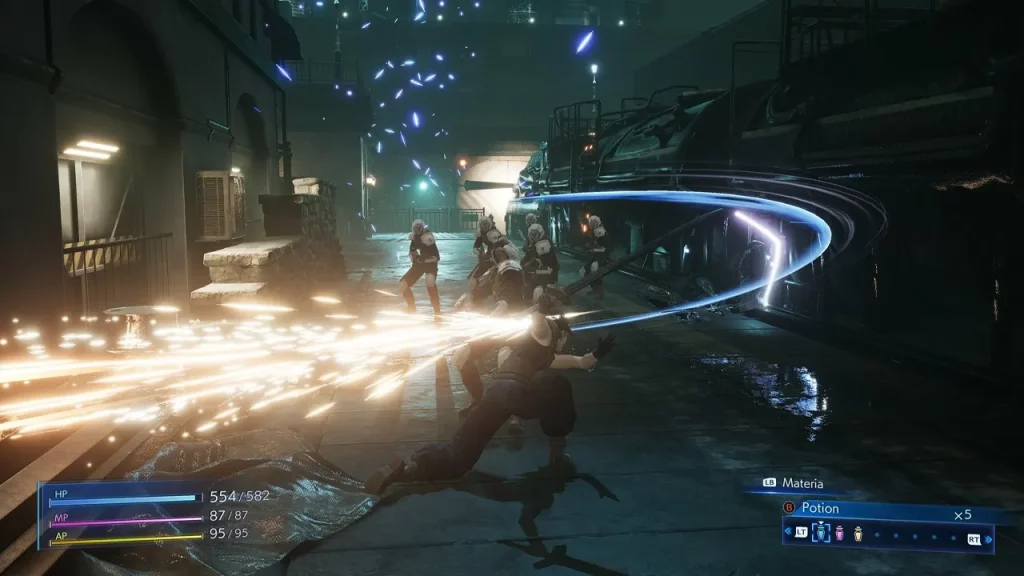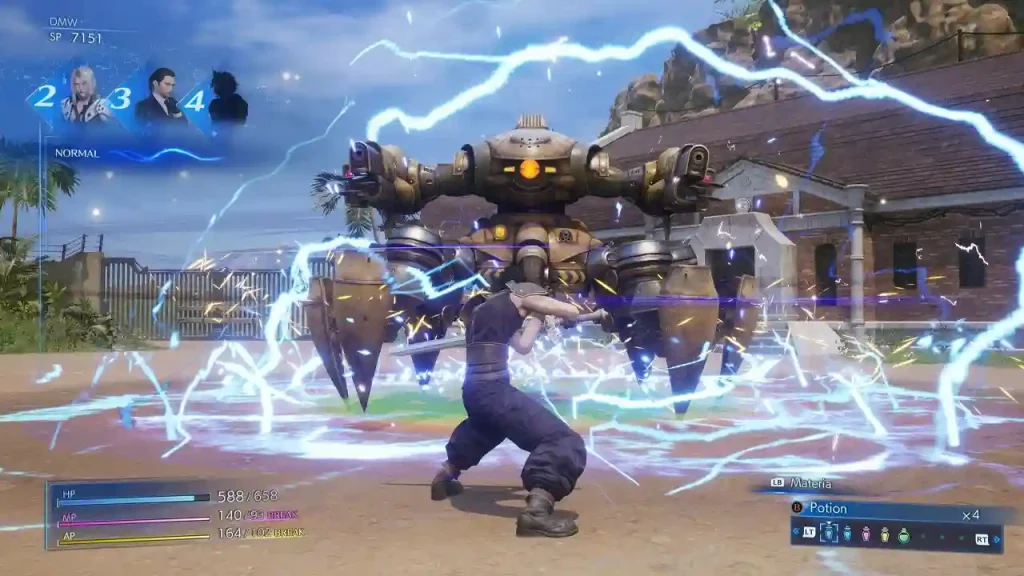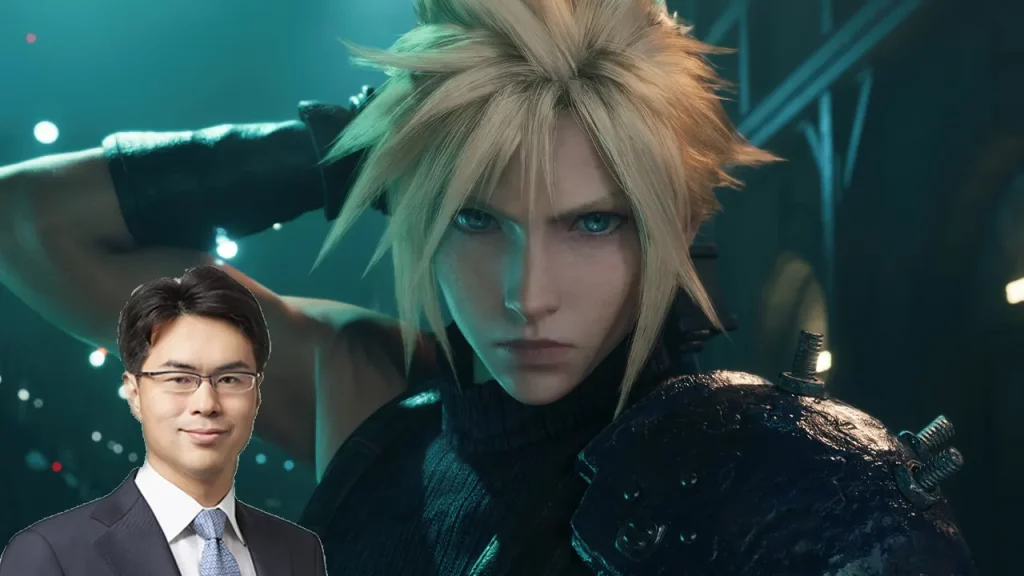Takashi Kiryu, President and Representative Director of Square Enix Holdings Co. Ltd. shared a New Year’s letter on Jan 1, 2024, giving an insight into the company’s plans for the near future.
One of the statements that surprised the industry and gamers is this, “We also intend to be aggressive in applying AI and other cutting-edge technologies to both our content development and our publishing functions. In the short term, our goal will be to enhance our development productivity and achieve greater sophistication in our marketing efforts. In the longer term, we hope to leverage those technologies to create new forms of content for consumers, as we believe that technological innovation represents business opportunities.”
This bold declaration, delivered in his traditional New Year’s letter to employees, points towards a new era for the company behind beloved franchises like Final Fantasy, Kingdom Hearts, and Dragon Quest.
Kiryu’s message signaled Square Enix’s new approach to AI integration which may include streamlining the development process, optimizing publishing strategies, and possibly enhancing the player experience.

This could involve AI-powered tools for level design, and character animation, potentially allowing developers to focus on the creative aspects while AI handles the tedious and time-consuming tasks. Chances are that this could lead to faster development cycles and more frequent content updates, especially for live service games.
In the letter, Kiryu mentions, “Artificial intelligence (AI) and its potential implications had for some time largely been subjects of academic debate. However, the introduction of ChatGPT, which allows anyone to easily produce writing or translations or to engage in text-based dialogue, sparked the rapid spread of generative AIs.”
He continues, “Its release made it apparent that the applicability of generative AI was by no means limited to text, and the subsequent months saw a quick succession of launches of new services and content that expanded generative AI into a variety of domains with close ties to digital entertainment, including images, video, and music. I believe that generative AI has the potential not only to reshape what we create, but also to fundamentally change the processes by which we create, including programming.”
Kiryu also shared the Studio’s focus on the fields of blockchain entertainment/Web 3.0, AI, and the cloud.
“In terms of new business domains, we previously identified three focus investment fields, namely blockchain entertainment/Web 3.0, AI, and the cloud. Last year we redefined our overarching mission and goals for these three fields. We are currently working to modify our organizational structure and optimize our resource allocations to support these efforts.”
You can read the full letter here.

Kiryu’s announcement has received mixed reactions. Some gamers are excited to see how AI will push the envelope in the gaming landscape, while many point out how AI use can cut the jobs of real humans.
However, this isn’t the first time studios are using artificial intelligence to support their game development process.
Most recently, The Finals’ AI voice acting has been a subject of debate in the gaming community. The Finals utilizes AI text-to-speech technology for some of its in-game announcers. This technology generates spoken audio from written text, dynamically adapting to the in-game context and events happening live. For example, the AI announcers can comment on kills, streaks, revives, and overall match progress.
It’s a mix of real human voices and AI-generated text-to-speech, Embark’s communications director Sven Grundberg told IGN after receiving criticism for AI usage. The studio emphasized, “making games without actors isn’t an end goal.”
There are many more uses of AI aside from voice acting output. AI can not only tailor the gaming experience to players and adjust difficulty levels making games more dynamic, but it can also automate repetitive tasks like asset creation and bug testing. The future might be all about AI-designed games because researchers are developing algorithms that can generate game mechanics, storylines, and even entire game worlds.
However, critics argue that over-dependency on AI could lead to repetitive game design, as developers prioritize efficiency and speed over originality and creativity. They fear the loss of the human touch and the unique creative vision of individual developers.
As AI technology continues to evolve, we can expect even more groundbreaking applications. Only time will tell how Square Enix’s “aggressive AI” strategy will impact its future games and the gaming industry.


